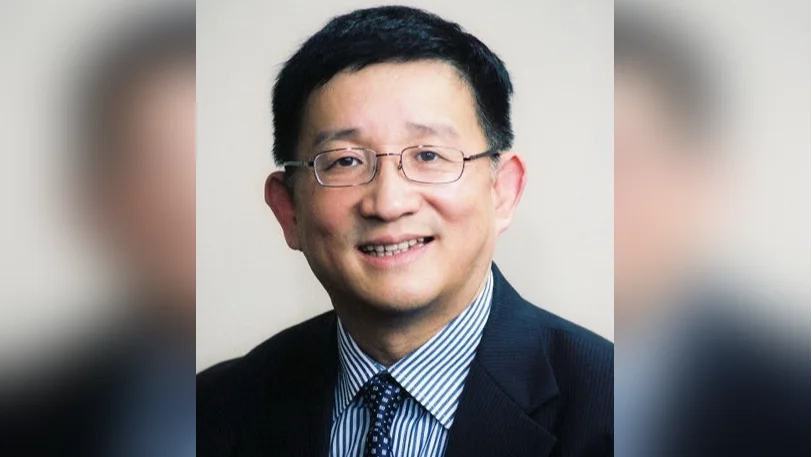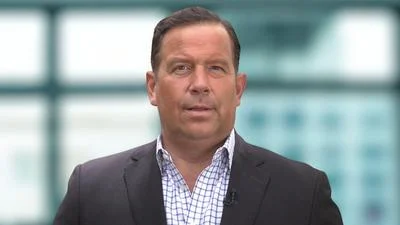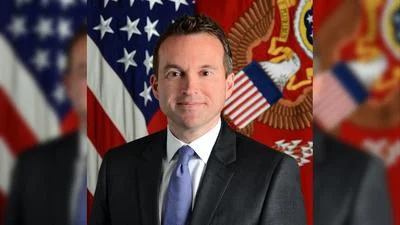China’s Fourth Plenum, which took place from October 20 to 23, concluded with significant personnel changes and a reaffirmation of current policy directions. The Chinese Communist Party (CCP) removed 10 members from its Central Committee, an organ that includes the party’s top officials and military leaders. The event also provided recommendations for the upcoming 15th Five-Year Plan (FYP), which will steer China’s development from 2026 to 2030.
The plenum’s policy documents, including the communique and explanations by President Xi Jinping, indicated a theme of continuity in economic priorities. While there were some subtle adjustments—such as reversing the order of priorities between technological self-reliance and modern industrial system development—the overall approach remains consistent with previous plans. Xi is now well into his third term and sees progress in China’s techno-industrial ambitions despite ongoing challenges in areas like real estate and domestic competition.
The tone of this year’s plenum was described as more confident and urgent than that of the previous FYP cycle. Party leadership expressed greater confidence in China’s ability to shape international affairs, raising “achieving win-win cooperation” higher among its priorities. Official documents state: “a profound shift is taking place in the international balance of power” and highlight “accelerating breakthroughs … in the new round of technological revolution and industrial transformation” as favorable conditions for more proactive engagement abroad.
This outlook is supported by developments such as Chinese firms’ advances in artificial intelligence, dominance in renewable energy markets, growing global market share in electric vehicles, and expanded semiconductor manufacturing capacity. The leadership also emphasized approaching challenges with “courage.” A notable change was that consumption was assigned as only the fifth priority for economic work—mirroring its position in the previous FYP—indicating a continued focus on productive sectors rather than expanding welfare or large-scale stimulus.
On personnel matters, the plenum saw extensive purges within both civilian ranks and especially within the People’s Liberation Army (PLA). Attendance at this year’s plenum was historically low for full and alternate Central Committee members since the Mao era. Ten full members and four alternates were purged during the meeting itself; additional absences raise expectations for further removals. Within military leadership, eight PLA high command members were ousted shortly before or during the plenum, leading to an unbalanced Central Military Commission (CMC) structure with several key vacancies.
Some analysts suggest these actions stem from factional infighting within the PLA; however, evidence points to a broader effort at internal discipline rather than isolated group struggles. Leadership promoted several alternates to fill committee vacancies but bypassed others who had previously ranked higher—a move interpreted as signaling possible future purges.
In contrast to military reshuffling, civilian party member removals largely confirmed earlier dismissals without sudden new actions. Some bypassed officials have already come under investigation since the plenum ended.
The scale of recent purges is considerable: according to Minxin Pei, nearly 889,000 party members faced disciplinary action in 2024 alone—the highest figure under Xi Jinping's tenure. Despite rumors about Xi’s political vulnerability due to these shakeups, there has been no public sign of moves against him by other elite leaders. Instead, his ability to remove senior figures appears to reinforce his control over party affairs.
As noted by China analyst Chris Johnson, if needed Xi could call another extraordinary meeting (“pocket plenum”) before 2027 to address vacancies at top levels or correct imbalances in military command structures created by recent actions.
Looking ahead, observers expect continued political turbulence paired with steady policy direction under Xi Jinping’s anticipated fourth term beginning in 2027. Succession questions are likely to intensify as Xi ages—a dynamic that could impact decision-making processes if it begins affecting how policies are crafted or implemented.
For remaining Central Committee members, widespread removals contribute to uncertainty about their own futures within opaque CCP processes where investigations proceed secretly—even among insiders themselves.









